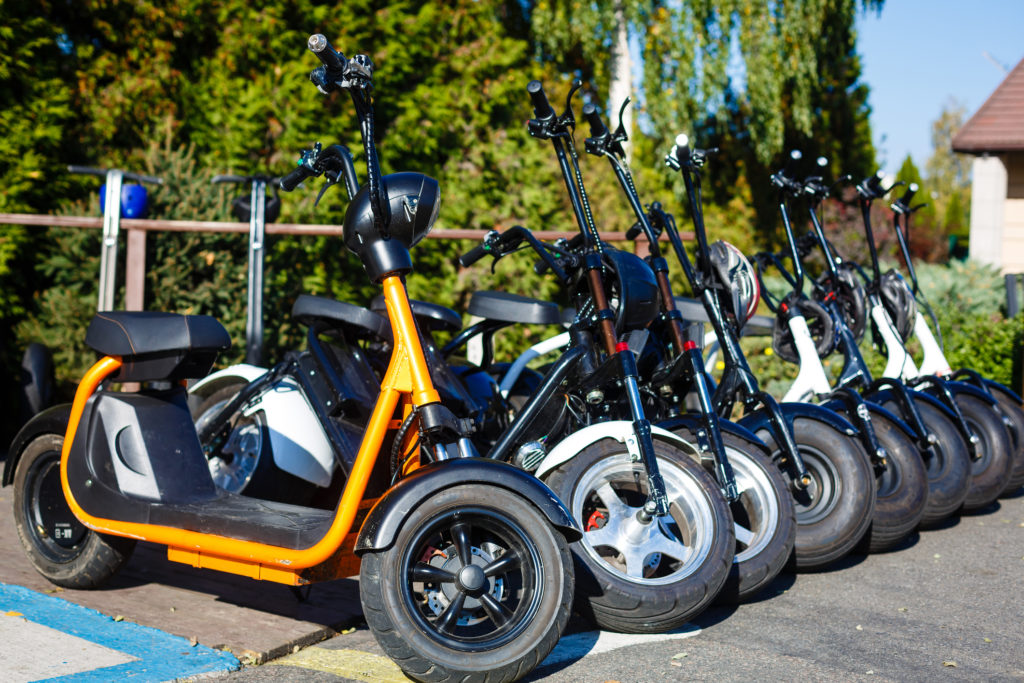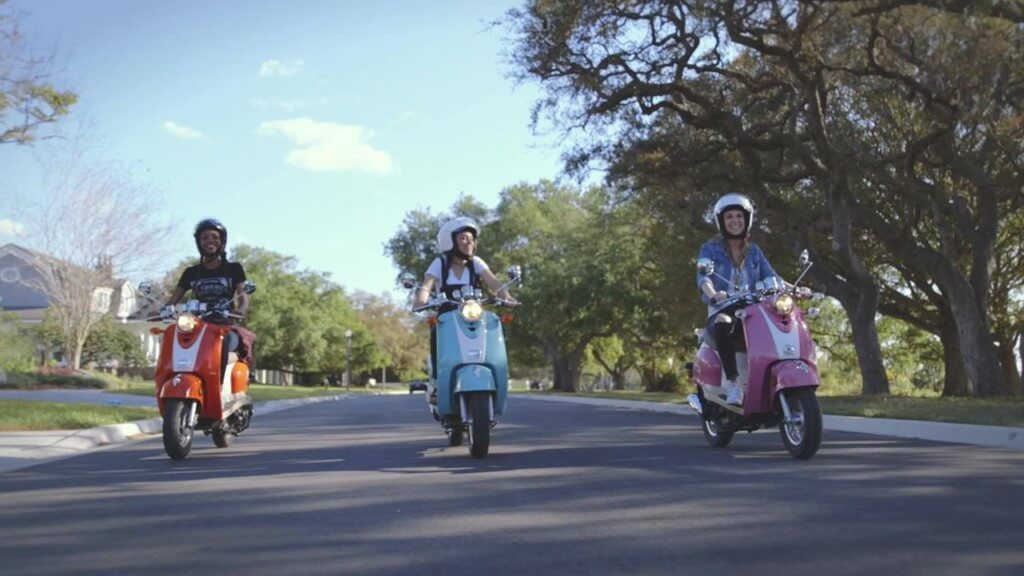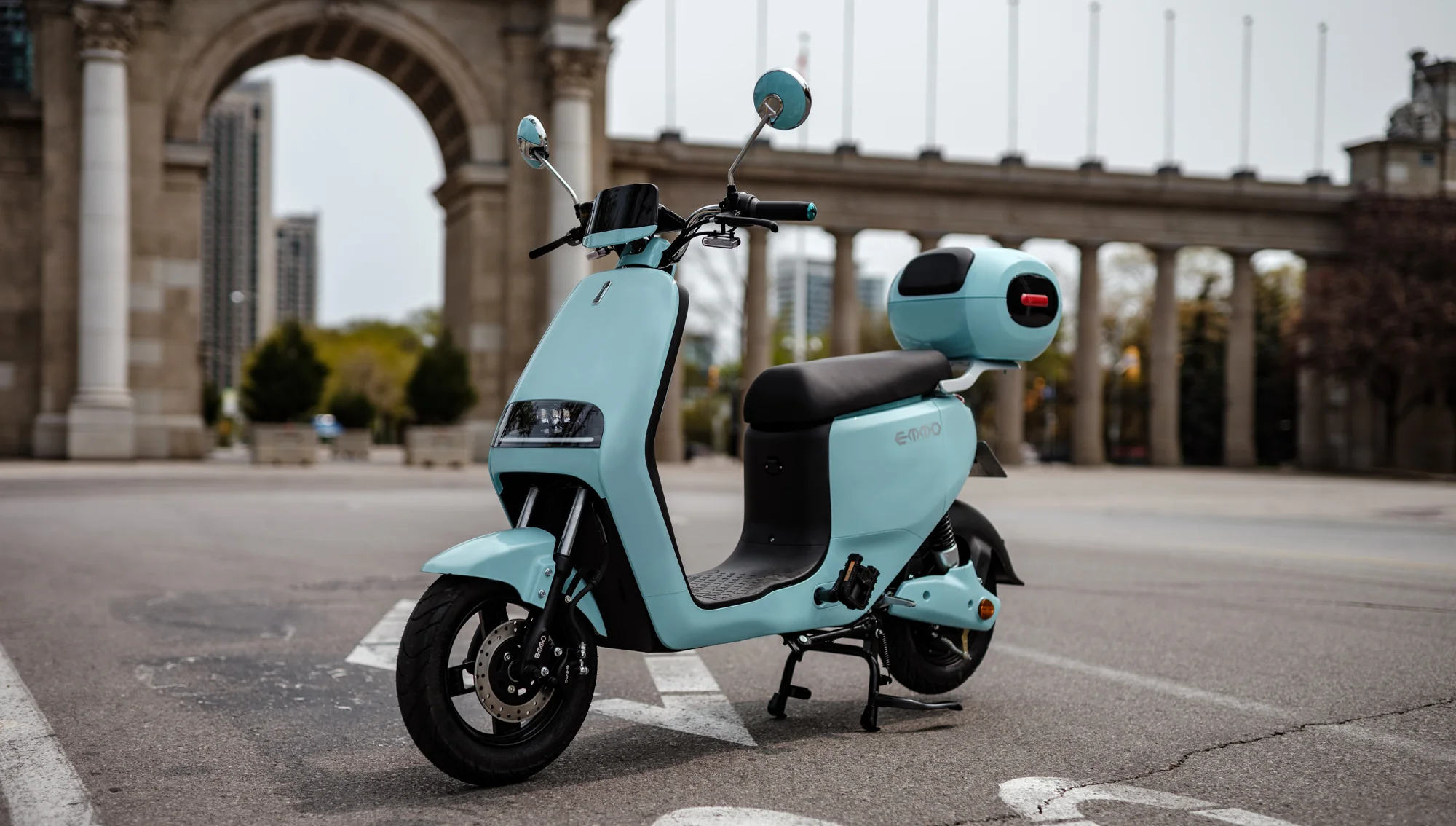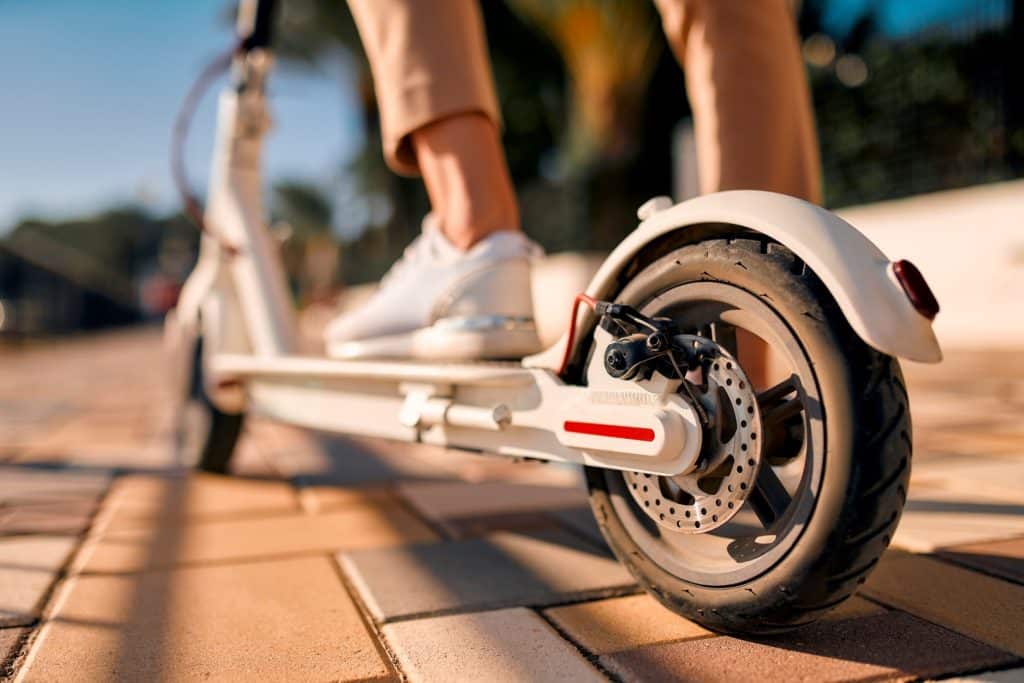I. Introduction

The popularity of 49cc scooters has been on the rise in recent years. These compact and fuel-efficient vehicles are considered an excellent transportation option for short commutes in urban areas. Understanding the licensing requirements for operating a 49cc scooter is crucial to ensure legal compliance and safety on the roads.
II. Licensing Laws for Operating a 49cc Scooter
A. Understanding the legal classification of 49cc scooters
- Definition of a 49cc scooter and its engine size requirements A 49cc scooter is a two-wheeled vehicle powered by an engine with a displacement of 49 cubic centimeters or less. The engine size is an essential factor in determining the classification of the scooter under licensing laws.
- Differentiating between mopeds, motorcycles, and scooters based on engine power While the term “scooter” is often used interchangeably to refer to mopeds, motorcycles, and scooters, there are distinct differences based on engine power. Mopeds typically have engines with a displacement of 50cc or less, while motorcycles have larger engines and higher power capabilities. Understanding these differences is crucial for licensing purposes.
B. Licensing requirements for operating a 49cc scooter
- Minimum age requirements for obtaining a license or permit Each state has its own minimum age requirements for obtaining a license or permit to operate a 49cc scooter. It is important to be aware of these age restrictions before considering purchasing a scooter.
- Overview of the different types of licenses or endorsements needed Depending on the state, different types of licenses or endorsements may be required to legally operate a 49cc scooter. These may include a regular driver’s license, a motorcycle endorsement, or a separate scooter license. It is crucial to understand the specific requirements in your state.
III. Licensing Options for Driving a 49cc Scooter
A. Regular driver’s license
- Eligibility requirements for using a regular driver’s license to operate a 49cc scooter In some states, individuals with a regular driver’s license may be eligible to operate a 49cc scooter without any additional endorsements or licenses. However, there may be specific age and experience requirements to meet.
- Restrictions and limitations when using a regular driver’s license for a 49cc scooter Using a regular driver’s license to operate a 49cc scooter may come with certain restrictions and limitations. For example, there may be speed restrictions or requirements to wear specific protective gear. It is important to understand and abide by these restrictions for safety and legal compliance.
B. Motorcycle/scooter endorsement

- Requirements for obtaining a motorcycle/scooter endorsement on a driver’s license Some states require individuals to obtain a motorcycle or scooter endorsement on their driver’s license to legally operate a 49cc scooter. This endorsement typically involves passing a written knowledge test and a skills test.
- Benefits of obtaining a motorcycle/scooter endorsement Obtaining a motorcycle or scooter endorsement on a driver’s license offers various benefits. It allows for legal compliance and ensures that the individual understands the rules and regulations specific to riding a scooter. Additionally, it may make it easier to obtain insurance coverage for the scooter.
IV. Safety and Training for Riding a 49cc Scooter

A. Importance of safety education and training
- Basic safety gear and equipment for riding a 49cc scooter: When it comes to riding a 49cc scooter, safety should always be a top priority. To ensure a safe experience, riders should invest in the following basic safety gear and equipment:
a. Helmet: A properly fitted helmet is essential for protecting the head in case of a fall or accident. Look for a helmet that meets the necessary safety standards and provides adequate protection.
b. Eye protection: Whether it’s a pair of goggles or a visor on your helmet, eye protection is crucial to shield your eyes from debris, wind, and bugs while riding.
c. Protective clothing: Wearing the correct clothing can minimize the risk of road rash and other injuries in the event of an accident. Opt for sturdy footwear, long pants, long-sleeved shirts or jackets, and gloves to protect your extremities.
d. Reflective gear: Adding reflective elements to your clothing or accessories can increase your visibility to other motorists, especially during low-light conditions.
B. Following traffic laws and regulations

- Overview of common traffic laws that apply to 49cc scooter riders: As a 49cc scooter rider, it’s important to familiarize yourself with the traffic laws and regulations specific to your area. While these laws may vary depending on your location, some common traffic laws applicable to 49cc scooter riders include:
a. Helmet laws: In many jurisdictions, wearing a helmet is mandatory for scooter riders of any engine size.
b. License and registration: Depending on your location, you may need a valid driver’s license or a specific type of scooter license or endorsement to legally operate a 49cc scooter on public roads. Additionally, ensure that your scooter is registered and displays the necessary license plates or stickers.
c. Speed limits: Adhere to posted speed limits and adjust your speed based on road conditions and traffic flow.
d. Lane position: Typically, scooters are required to occupy a full lane and follow the same rules as other vehicles on the road.
- Understanding scooter-specific regulations, such as lane splitting and parking restrictions: In some areas, scooters may be subject to specific regulations, such as:
a. Lane splitting: Lane splitting refers to the practice of riding between lanes of stopped or slow-moving vehicles. It is essential to understand the local laws and regulations regarding lane splitting, as it may be allowed, restricted, or prohibited altogether.
b. Parking restrictions: Depending on your location, there may be specific parking regulations for scooters. Understand where you are allowed to park and any restrictions or permits required.
V. Conclusion
In conclusion, prioritizing safety and following traffic laws are crucial when riding a 49cc scooter. Investing in the necessary safety gear and equipment, as well as participating in safety courses or training programs, can significantly enhance your safety on the road. Understanding the traffic laws and regulations applicable to scooters, such as helmet laws, license and registration requirements, speed limits, and scooter-specific regulations, is equally important. By adopting a proactive approach to safety and abiding by the rules of the road, you can enjoy a safe and enjoyable riding experience on your 49cc scooter.

